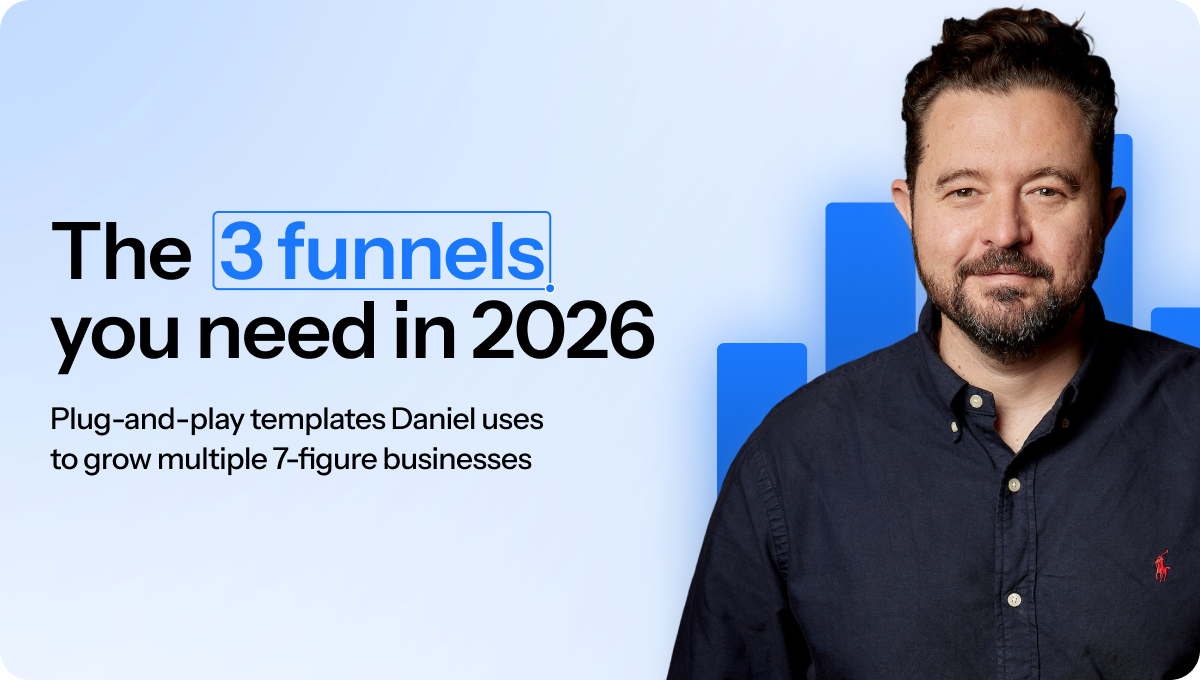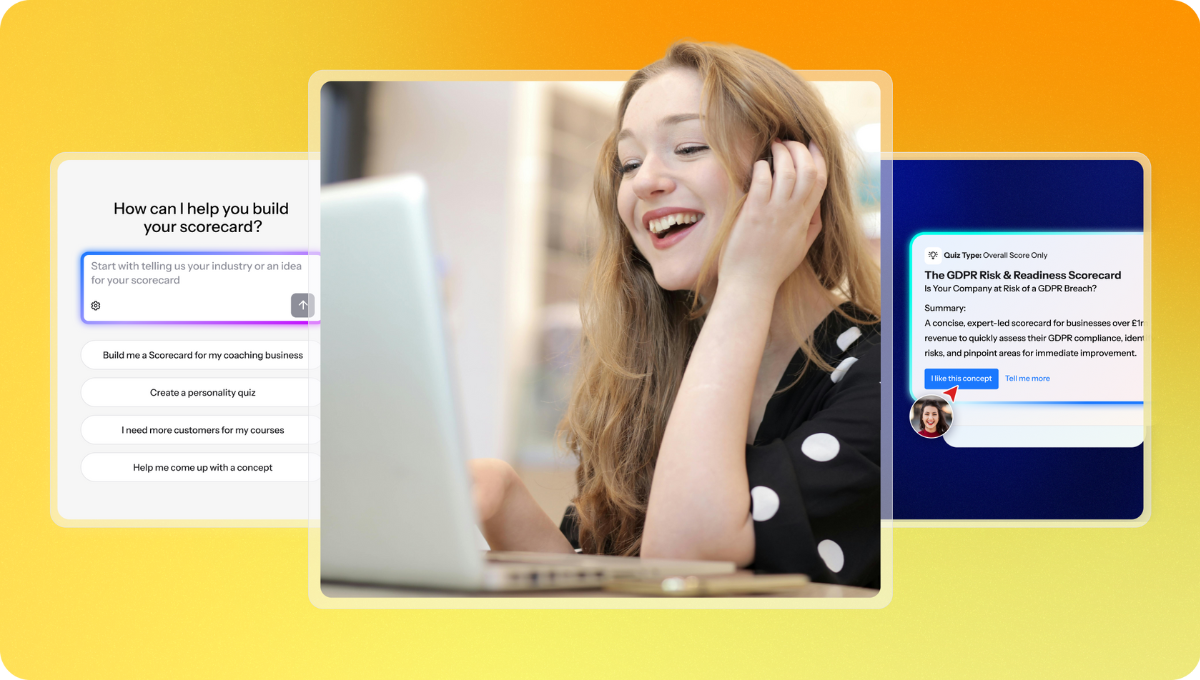How to use AI Quiz data for targeted email campaigns

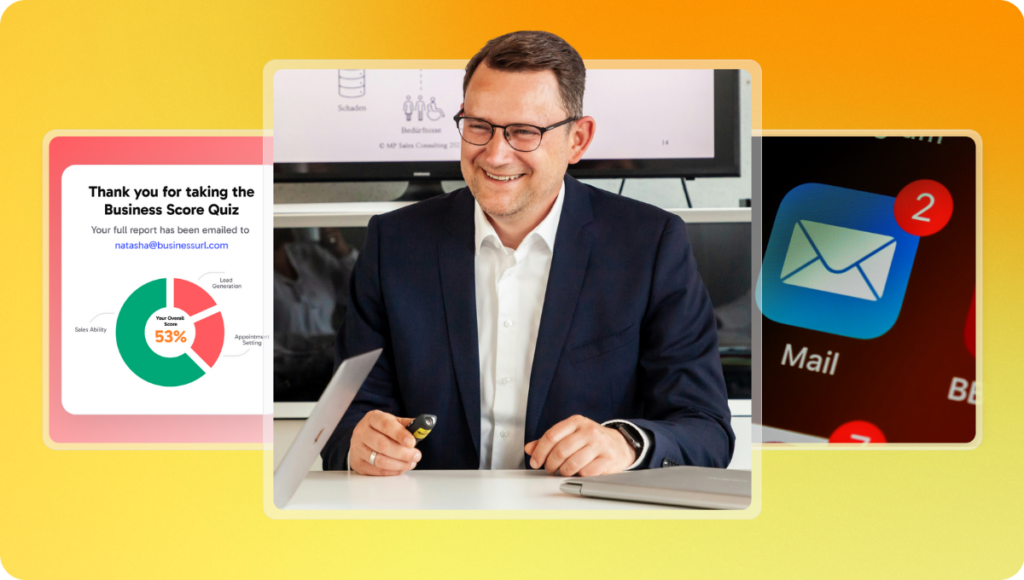
Most businesses just think they’re doing email marketing well. They’ve got a list… they send a newsletter… maybe they segment by location or job title. But honestly? Most of it’s guesswork.
Email is still one of the highest ROI tools you’ve got at your disposal. The problem is it needs to be relevant. We can’t emphasize this enough – people don’t want generic messages, they want you to understand them. And, luckily, AI-powered Quiz data changes the game.
When someone completes a ScoreApp Quiz, yes, it’s great to get an email address, but you’re also getting a goldmine of insights into their challenges, their goals, and where they are in their buying journey. This is the kind of detail you don’t get from other lead magnets (such as traditional PDFs).
AI takes a Quiz to a different level. It goes on to spot patterns, build segments, and help you predict what prospects need next. Instead of poring over spreadsheets or writing 15 versions of an email, AI makes it practical to manage, even at scale. You can run smart campaigns that feel hyper-relevant, without the heavy manual workload.
ScoreApp AI-powered Quizzes are scorecard marketing, upgraded. Now, you can turn raw Quiz responses into AI-driven, targeted email journeys that convert on a whole new level.
In this blog post, we’ll show you exactly how to put this technology to work for you…
Why personalization is no longer optional

Think about your own inbox. Which emails get your attention? If you’re like most people, it’s not the ‘Monthly Newsletter’. It’s the one that addresses what you’re wrestling with right now.
The numbers back this up – personalization works. Average email open rates across industries hover around 42%, but personalized subject lines can lift this by around 26%. At the same time, around 80% of consumers say they ignore messages that don’t feel relevant.
Personalization isn’t a nice-to-have anymore. It’s the bare minimum your audience expects. Worse still – if you keep sending one-size-fits-all campaigns, then you’re actively training people to ignore you.
AI Quiz data makes things really simple. It gives names and job titles, but it also hands you deeper context (challenges, goals, and buying signals) that you can turn into bespoke campaigns.
That’s the difference between getting ignored and getting results.
What makes Quiz data uniquely powerful
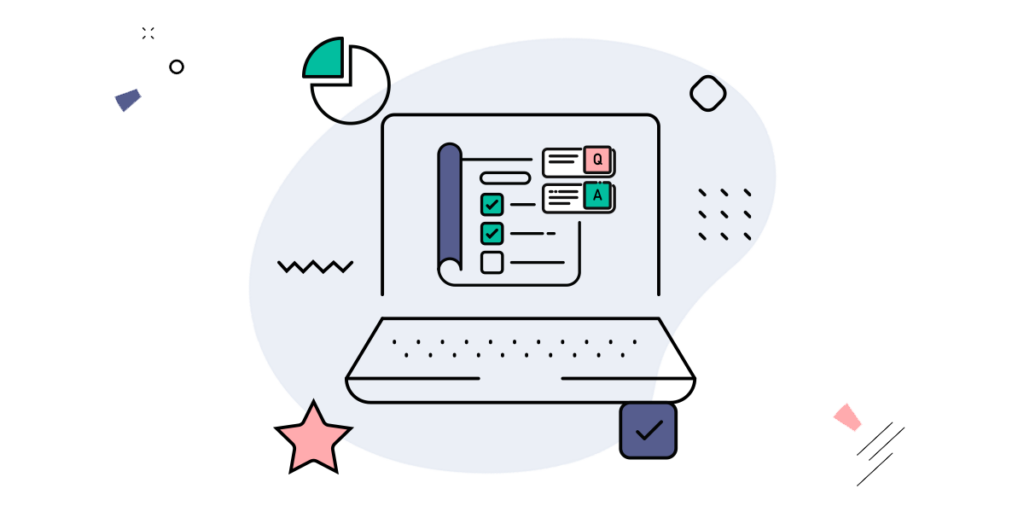
Most marketers are working with snippets of information – generic demographics, a name, an email address… maybe a job title. That’s not enough to build campaigns that feel personal. Often, it’s barely enough to spell someone’s name right.
When someone takes your unique Quiz, they’re giving you real insight into who they are and what they care about. You’re capturing psychographics: their goals, their pain points, their level of readiness to buy.
AI makes sense of the detail, spotting patterns across hundreds of submissions and grouping people into usable segments.
For example, take a fitness business. A lead form would tell you someone is a 35-year-old professional. Helpful? Barely. An AI-powered Quiz, however, will tell you they want to lose weight, have tried diets before and failed, and their biggest barrier is time. Now, you’ve got something to work with, and can funnel that person into a personalized email journey.
Turning Quiz insights into segmented email journeys
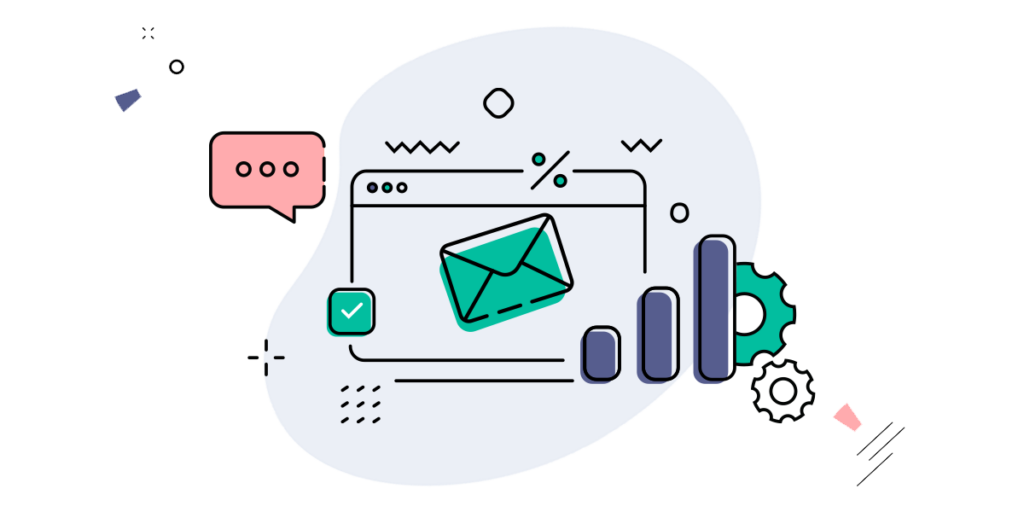
Segmented email journeys that convert are about using your data well. Too many businesses collect information they don’t act on, but with Quiz marketing, you’ve got an advantage, because your data is pre-structured and easy to work with.
By using AI, you can set up segmented journeys that practically run themselves.
The process looks like this:
- Build your Quiz around key challenges. Don’t just ask fluffy questions – design it carefully so responses reveal what really matters, e.g., pain points, goals, buying signals.
- Let AI group people intelligently. Instead of creating 20 micro-segments you’ll never manage, use AI to highlight the 3–5 categories that make the biggest impact.
- Sync your segments with your email platform. Whether you’re using ActiveCampaign, Mailchimp, or HubSpot, an integrated process lets the data flow straight in.
- Trigger tailored campaigns for each group. That means that someone struggling with productivity gets tips on time-blocking, while someone anxious about pricing sees content on value positioning.
If you’re an accountant who’s running a Quiz for small business owners, AI might show you that one segment is focused on growth funding, while another is losing sleep over tax compliance. Each group could then get a different email sequence: one packed with insights on raising capital, the other on staying compliant without drowning in paperwork.
It’s the same service, but positioned in a way that makes each segment feel like you’re speaking to them. Turning targeted campaigns into one-to-one conversations is the secret to converting leads into sales at scale.
Using AI to predict and improve campaign performance
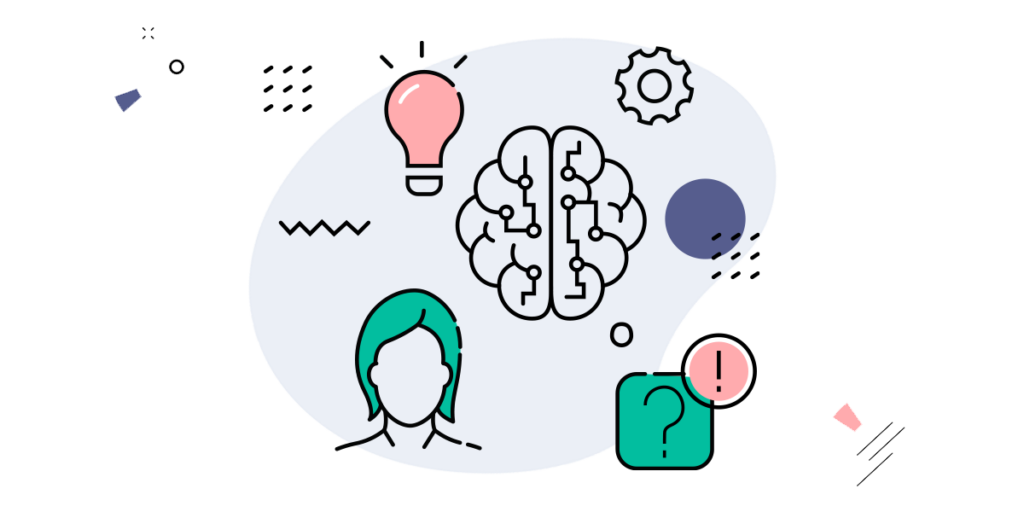
Most marketers look at performance in hindsight – they send a campaign, check the stats, then try to guess what worked.
AI changes this cycle. It spots patterns in your Quiz data that will help you predict what’s likely to perform well before you hit send on your email sequences.
For example:
- People who score low on ‘confidence’ are more likely to engage with subject lines that give them reassurance.
- Respondents who rate themselves highly on ‘tech-savvy’ will be more responsive to detailed how-to guides, rather than broad overviews.
- Leads who score above a certain threshold are statistically much more likely to buy within 30 days, meaning your email sequences should be shorter and more direct.
That kind of predictive insight is tough to achieve manually, but AI makes it achievable in real time. And because ScoreApp integrates directly with platforms such as ActiveCampaign, HubSpot, and Mailchimp, the loop is continuous.
AI keeps learning from campaigns you send, so recommendations for your customers become sharper over time. The result is increasingly fewer wasted emails, more relevant conversations, and a regular uplift in conversions.
Practical tips for building targeted campaigns
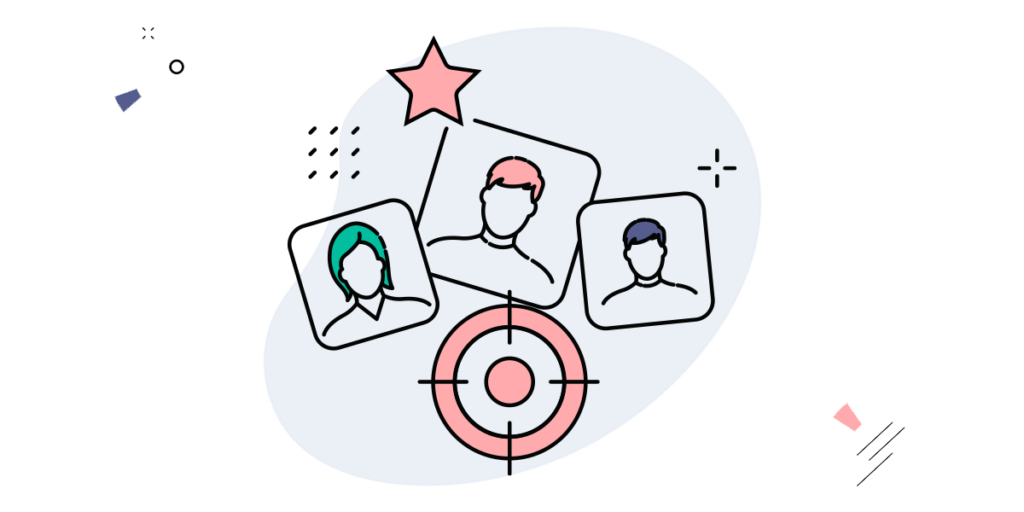
Once you’ve got AI-generated segments from Quiz data, the next step is execution, but your campaigns could fall flat if you overcomplicate things or try to personalize every single, tiny detail.
Here are some guidelines that will keep your process effective and manageable:
- Start with 3–5 core segments. More than that and you’ll spread yourself thin. Focus on the groups that will drive the biggest impact.
- Write for problems, not profiles. Don’t just say ‘this is for CEOs’ or ‘this is for startups.’ Anchor your follow-up content around challenges each group identified in their Quiz.
- Balance automation with humanity. Use dynamic fields sparingly. A subject line that mirrors a Quiz response will feel smart, but an email crammed with personalized details will feel robotic.
- Test what matters most. Subject lines, timing, and call-to-actions will shift results more than tinkering with too much copy in your email. Let AI guide you to variables that are worth testing.
- Review and refine. Treat every email campaign as if it’s a test for the next one. With AI feeding back useful insights, you can constantly improve without starting from scratch.
Ultimately, your goal is to set up a handful of highly relevant journeys, then let AI and automation help you sharpen them over time.
Real-world examples of success

So far, we’ve talked broadly about theory, but the best way to see the impact of AI-driven Quiz data is to look at what real-life businesses are doing with it.
When Lyndsey Cambridge and Martin Huntbach launched a new program, they used a ScoreApp Quiz funnel to build a waitlist. The campaign generated £144,000 in revenue – because every lead was nurtured through segmented follow-ups based on responses. By addressing people’s specific challenges, those emails converted interest into sales rather than leaving money on the table.
Brian used ScoreApp to run a waitlist for his online masterclass. When the doors opened, his event sold out in 27 minutes, generating $7,200 in revenue. The difference was his tailored emails. Registrants got personalized reminders, while those who didn’t register got nudges addressing their specific objections. That simple split lifted engagement far beyond what a single generic reminder could achieve.
Personal branding expert Hannah Power used a Quiz that pulled in over 800 responses. That data gave her a clear picture of her audience’s biggest branding challenges, which she used to tailor her offers and email follow-ups. She created email journeys that spoke directly to what people needed.
ScoreApp customers capture richer data through Quizzes, then use AI and integrations to turn that data into email campaigns that perform well above industry benchmarks. Revenue numbers prove this point, but the unseen wins are just as important: higher open rates, better clickthroughs, and leads who actually feel understood. That builds trust and loyalty.
How AI Quiz data transforms your email campaigns
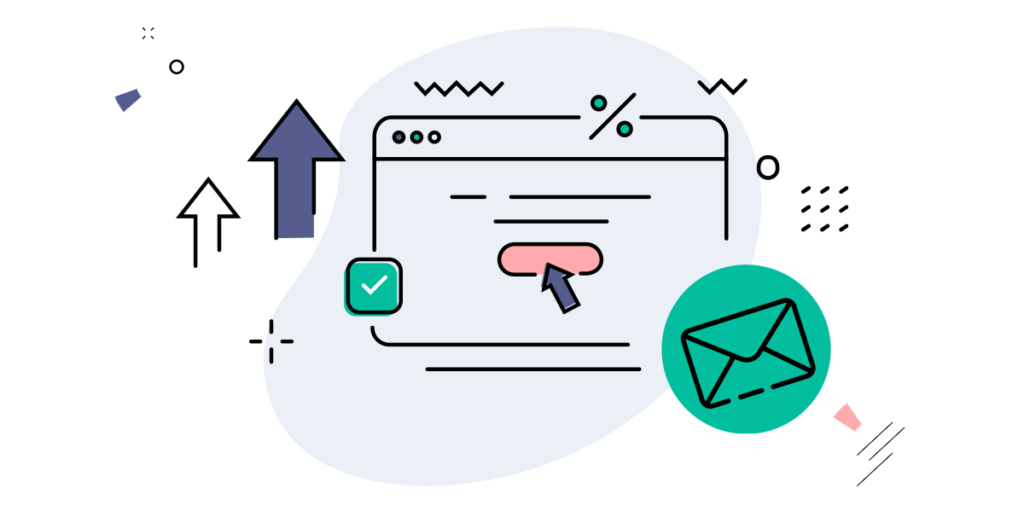
AI Quiz data has changed email marketing from guesswork into strategy. Instead of firing out messages and hoping something sticks, now you can build conversations around what people have told you they care about..
ScoreApp isn’t just another lead generation tool. It’s a powerful but accessible system for collecting insights that make targeted email campaigns simple to deliver and hard to ignore.
With AI handling segmentation, pattern-spotting, and automation, now you can stop worrying about appearing irrelevant and start sending campaigns that convert at scale.
Are you ready to move beyond “Dear [First Name]” and into email marketing that drives higher open rates, stronger clickthroughs, and real sales results? Start by building your own Quiz. Your audience is telling you what they want. With ScoreApp, you can finally act on it.
Try ScoreApp for FREE and see what’s possible when you put AI Quiz data to work.

